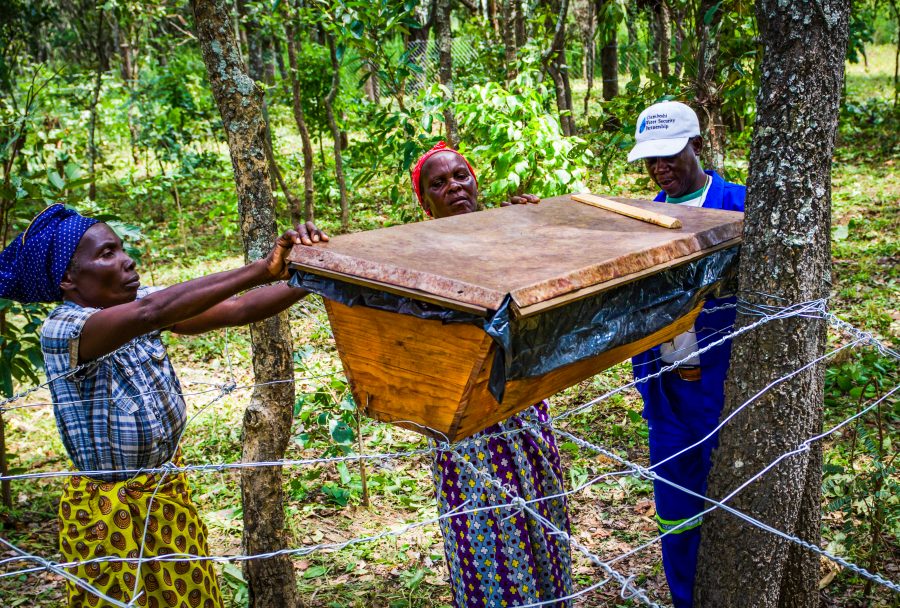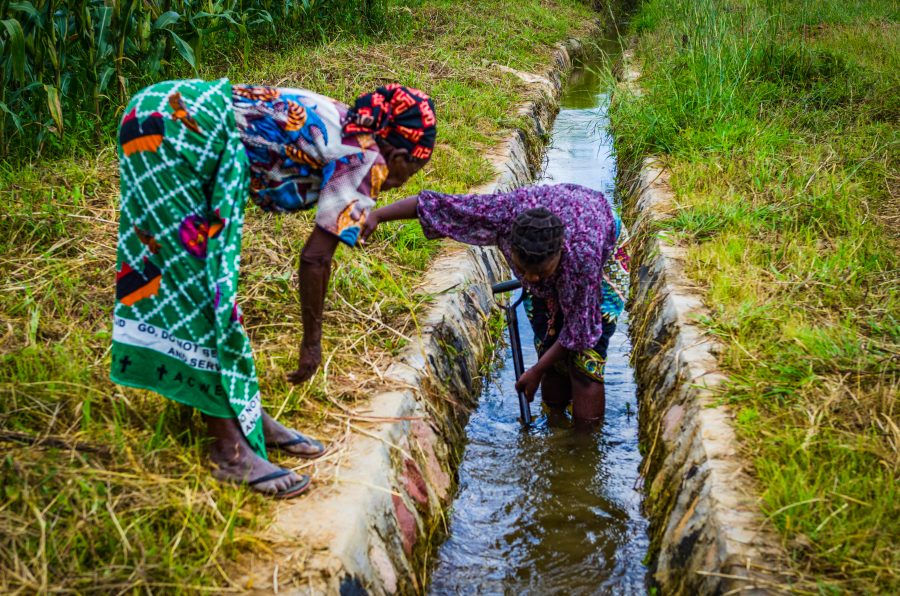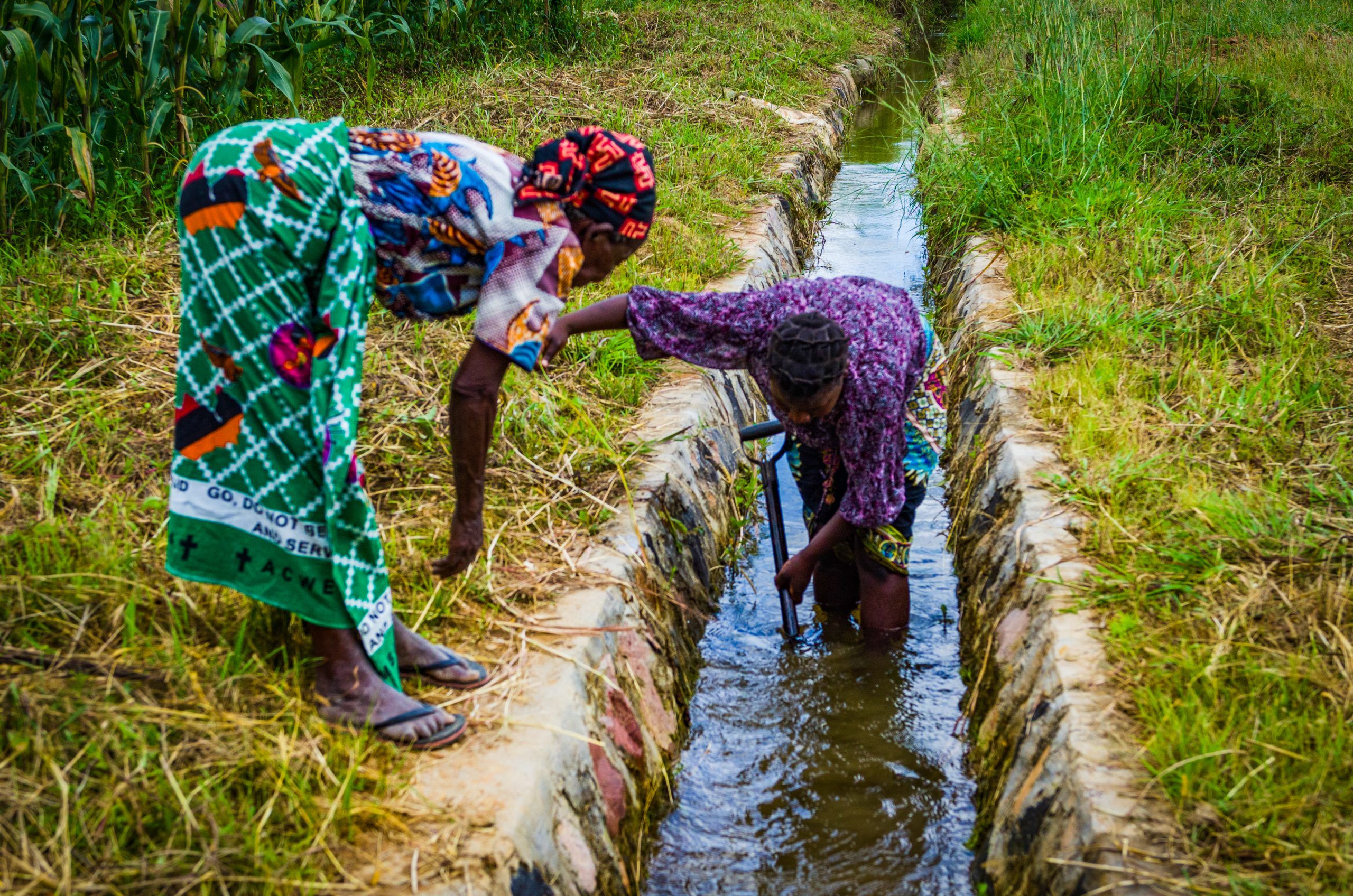Women as water stewards in Zambia
Income diversification for economic wellbeing and ecosystem preservation
No single actor can improve water security on its own. While water shortages, flooding or degrading water quality affect everyone, solutions can only stem from joint action. Also, water security must envision not only the water source itself, but the whole ecosystem within a catchment. Cardinal to any solution is the role women play in the stewardship of water and other natural resources. This is because women not only take care of the water supply at their homes, do the cooking or the laundry. They are also strongly involved in economic activities like farming or production.
Water stewardship beyond water supply and sanitation
The Chambeshi Water Security Partnership promotes the participation of women in water stewardship further than water supply and sanitation in their homes. Instead, the partnership supports women in participating more strongly in the governing of their natural resources. It enables them to progress in diverse economic activities such as beekeeping, aquaculture, agriculture, tree planting and selling seedlings.
Beekeeping instead of charcoal production
Diversified income opportunities make them less dependent on traditional practices like charcoal production, which damages the forest and the whole ecosystem, thereby affecting water quality and quantity in the catchment. Charcoal production, by damaging the ecosystem on which people make a living in the catchment, would also not sustainably generate income for the women in the long run.

Copyright: GIZ
Instead, Sara Chisha and Joan Sampa are now setting up beehives in the forest. Selling honey is a new economic activity for them as they previously made a living producing charcoal. By finding alternative sources of income that preserve the health of the forest, also their economic wellbeing is safeguarded.
Sarah and Joan haven’t achieved this alone. Joint action from various actors of the Chambeshi Water Security Partnership, supported by NatuReS, set the scene for this change process. Activities carried out by the partnership include trainings of community members on beekeeping, financing of beekeeping equipment and the establishment of the Twatampako Women’s Club, created to support women in commercializing their products.

Copyright: GIZ
These activities highlight that women’s management of natural resources goes far beyond collection and use of water at their homes, revealing them as agents of change in the governance and protection of natural resources.
To stay up to date, also follow us on Twitter!
Author: Sonile Mutafya, NatuReS Advisor Zambia
